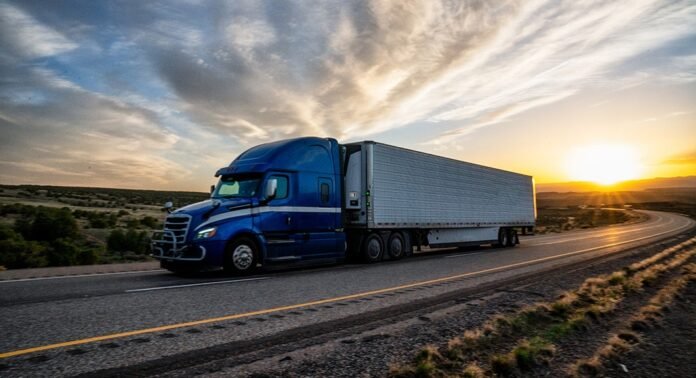In the world of trucking, the term “trailer interchange insurance” is a common topic of discussion among industry stakeholders. Whether they are trucking company owners, truck drivers, or owner-operators, understanding the nuances of this specialized insurance coverage is crucial for safeguarding business interests and assets. Taking the time to assess specific needs, compare policies from reputable providers, and select coverage that offers the best protection for the business will bring peace of mind. In this comprehensive guide, the fundamentals of trailer interchange insurance, its significance, and how it protects the interests of those involved will be explored in detail.
Defining Trailer Interchange Insurance
Trailer interchange insurance is a specialized type of coverage tailored to address the unique risks faced by trucking companies and owner-operators engaged in trailer interchange agreements. These agreements involve multiple parties exchanging trailers during transportation routes to facilitate the efficient movement of goods. The primary objective is to optimize fleet utilization and reduce empty backhaul miles, wherein one carrier’s trailer is used to transport cargo for another carrier’s customer.
The Significance of Trailer Interchange Insurance
In the trucking industry, trailer interchange agreements can yield numerous benefits. However, they also expose participants to certain risks, making trailer interchange insurance a vital component of the process. The importance of this insurance can be understood through the following key aspects:
- Liability Coverage: Trailer interchange insurance serves as a protective shield against damages or injuries that may occur while the trailer is under the care of the party responsible for the interchange. It ensures that the involved parties are financially protected from potential liabilities arising from accidents or incidents during transportation.
- Physical Damage Coverage: Beyond liability, trailer interchange insurance can encompass coverage for physical damages sustained by the trailers during the interchange process. Whether the damages result from accidents, theft, or vandalism, this coverage helps mitigate financial losses and repair costs.
- Compliance and Legal Requirements: In certain scenarios, trailer interchange insurance is not just a prudent choice but a legal requirement. Larger trucking companies or brokers may insist on all parties involved carrying this insurance as part of the contractual agreement, ensuring compliance with industry regulations.
- Asset Protection: For trucking companies and owner-operators, trailers represent significant investments. Trailer interchange insurance acts as a safety net, protecting these valuable assets from unforeseen events and preserving the financial stability of the involved parties.
Key Considerations When Obtaining Trailer Interchange Insurance
When seeking trailer interchange insurance, careful consideration of various factors is essential to securing the most suitable coverage for specific needs:
- Coverage Limits: Evaluating the limits of liability and physical damage coverage is crucial to ensuring alignment with the value of the trailers involved in the interchange agreements.
- Deductibles: Examining the deductible amounts for liability and physical damage coverage is essential to determining manageable levels in the event of a claim.
- Exclusions: Understanding any policy exclusions that may limit or void coverage under certain circumstances is critical to avoiding unexpected surprises during claims.
- Claims Process: Researching the reputation of the insurance company concerning claim handling efficiency ensures a smooth and timely process during challenging situations.
- Carrier Requirements: For participants engaged in interchange agreements with other carriers or brokers, ensuring that the selected insurance coverage meets their minimum requirements is paramount.
Conclusion
Trailer interchange insurance plays a pivotal role in managing risks within the trucking industry. By providing liability and physical damage coverage during trailer exchanges, it safeguards the interests of trucking companies and owner-operators alike. Regardless of whether it is mandated by contracts or not, acquiring appropriate trailer interchange insurance demonstrates a proactive approach to protecting valuable assets, ensuring seamless operations, and mitigating potential financial losses.
